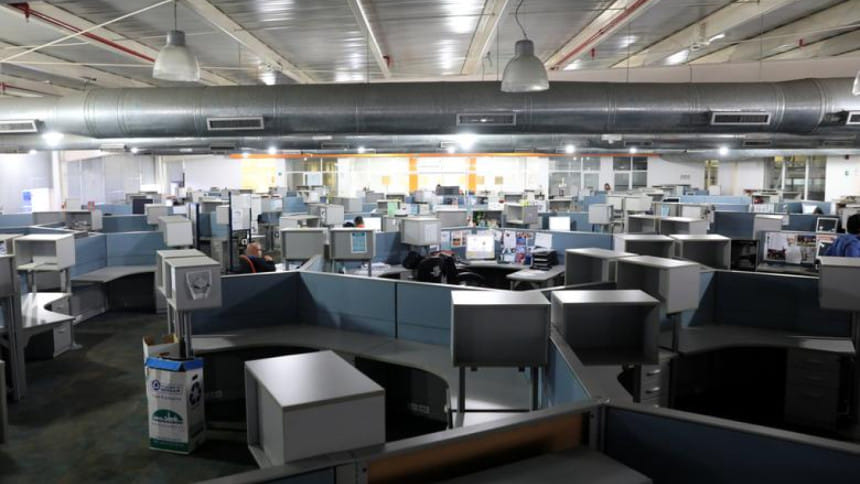Climate change to pose bigger test for newsroom leaders than Covid-19: World Editors Forum president

Beyond the Covid-19 pandemic, climate change will emerge as an even bigger challenge for newsroom leaders to cover well, across various domains ranging from environmental to political impact, said World Editors Forum (WEF) president Warren Fernandez.
"That is the crisis of our generation," stressed Mr Fernandez, who is editor of The Straits Times and editor-in-chief of Singapore Press Holdings' English/Malay/Tamil Media Group.
"If we have seen in Covid-19 how hard it is to get communities, governments and societies behind a solution, I think climate change is going to show how it is going to be even harder. That's where newsrooms come in."
Mr Fernandez was speaking on Monday (July 5) to 28 editors and journalists at the start of the second Young Media Leaders Fellowship programme, an initiative by the WEF Asia Chapter under the World Association of News Publishers.
The six-month programme, supported by Temasek Foundation, aims to nurture the next generation of media leaders through professional development and networking opportunities. It will take place mostly through online platforms because of the ongoing pandemic, but could see the participants meet physically in Singapore next January if conditions permit.
The participants hail from 19 publications across Asia, including The Straits Times. Among them are ST assistant news editor Lim Yan Liang, Berita Harian correspondent Atiyyah Mohd Said, and Tamil Murasu news and digital editor Tamilavel, who goes by only one name.
For the past 18 months, journalists have been busy reporting news on the coronavirus, which is still a huge issue in many parts of Asia, said Mr Fernandez, who had mooted the idea of the fellowship programme. It received its inaugural batch of participants last year.
"We may be tired and fatigued with Covid-19, but this virus is not done with us. I think it has many more twists and turns in the story, which will continue to play out. The challenge for all of us in our newsrooms is really how to keep covering this story well despite the toll it is taking on all of us," he noted.
In his opening address, Mr Fernandez also touched on how young, emerging newsroom leaders can play their part in figuring out the way forward and secure the future of their newsrooms, even as technological advances and the Internet have severely disrupted the news business.
He called on the programme's participants to make the most of the opportunity to share experiences, learn from one another and reflect on what they could do to help their newsrooms move ahead.
Over the next six months, the participants, who are from 11 countries and territories in Asia, will exchange ideas and learn to lead in an industry transformed by technology.
On Monday, they started a five-day virtual workshop, which will cover topics including challenges facing the media scene, workplace culture, mental well-being and managing millennials in the newsroom.
They will also attend the virtual Digital Media Asia conference next month, plan activities and stories to mark World News Day on Sept 28, and gather in Singapore next January for the programme's finale if travel conditions permit.
Mr Benedict Cheong, chief executive of Temasek Foundation International, said honing the leadership skills of media leaders has to be a priority.
"In this age of disruption, every organisation will have to be agile and nimble to navigate the challenges, navigate through this play area that we have, which is now more complex and uncertain," he said.

 For all latest news, follow The Daily Star's Google News channel.
For all latest news, follow The Daily Star's Google News channel. 



Comments